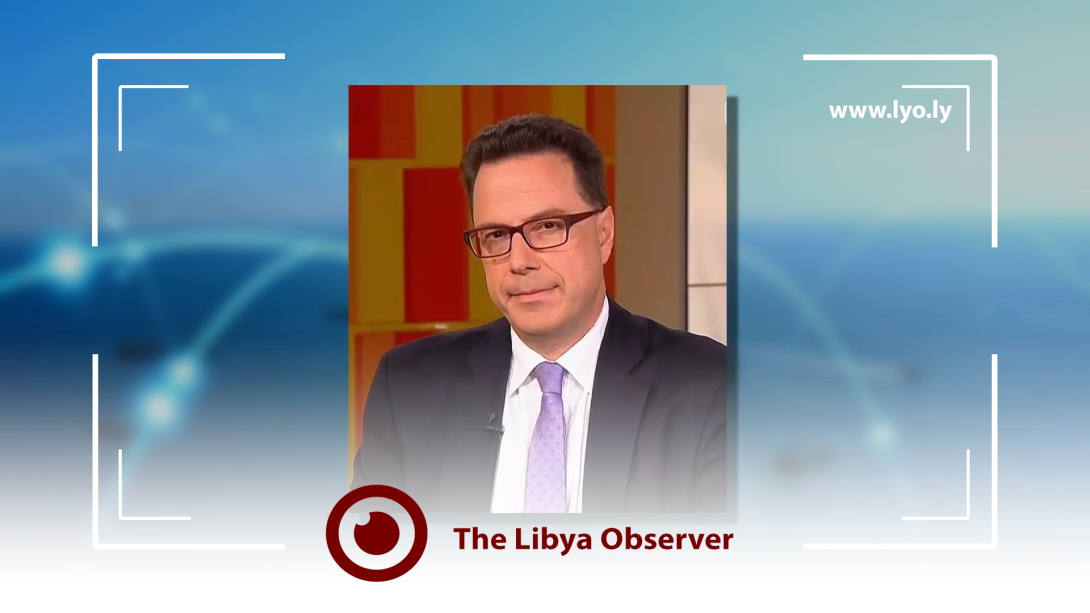By Sasha Toperich, senior executive vice president of the Transatlantic Leadership Network
Libya's new interim government pressed hard to deliver national elections

Acting head of the United Nations Support Mission in Libya (UNSMIL) and career U.S. diplomat Stephanie Williams, recently announced a new unified executive authority in Libya, tasked with preparing the country for national elections, scheduled for Dec. 24, 2021. This is a major success, as Williams managed to jump start political dialogue through a newly formed Libyan Political Dialogue Forum (LPDF) after Khalifa Haftar’s disastrous military campaign that only further complicated an already complex political landscape.
Several months of hard work resulted in the election of Mohammed al-Menfi as Head of Presidential Council and Abdulhamid Dbeibeh as interim prime minister of a new unified Libyan authority. The UN broadcast images of signed pledges by all candidates to hold presidential and parliamentarian elections on Dec. 24 and to appoint 30 percent of women to senior government posts. Dbeibeh is a successful businessman from Misrata while al-Menfi served as Libyan ambassador to Greece.
The new interim government comes with a heavy burden. Libyans fear it will fail to deliver, repeating the pattern of Sarraj’s government when in 2015, rival political parties signed a political agreement in Shkirat, Morocco, and pledged to organize both a national referendum on a new constitution and full parliamentary elections within two years. The then-appointed and internationally-backed GNA, led by Fayez al-Sarraj, remained in power almost six years on. No national referendum was organized, no constitution adopted, no elections held — while the lives of ordinary Libyans further deteriorated.
Sarraj failed to manage the affairs of State, including a botched handling of Khalifa Haftar’s war on Tripoli. Reminiscent of the Gaddafi era, Sarraj’s closest advisors became more powerful than any minister or members of the Presidential Council, limiting access to Sarraj while numerous projects, initiatives, and requests piled up on his desk without answer.
Sarraj’s legacy can be viewed through his attempt to bring warring factions together. He doesn’t bear the brunt of responsibility for the failure; that tribute goes to Khalifa Haftar, who rejected a fair power sharing agreement secretly negotiated with Sarraj. An agreement was to be made public at the Libyan National Conference, scheduled to take place in Ghadames mid-April of 2019, announcing general elections so Libyan people could finally select their own representatives. Haftar realized this would mean the end of his ambition to become an absolute ruler and a de facto “new Gadhafi.” For Haftar’s key backers, such as Russia, it meant a political defeat, loss of invested money, and no lucrative commercial deals struck with Haftar, who hastily launched an all-out military attack on Tripoli, just days before Ghadames conference.
A year later, after the GNA government in Tripoli called for Turkish military support, Haftar suffered a colossal defeat, leaving behind thousands dead and wounded, mass-graves in Tarhuna, and a shattered, torn, and worn-out Libyan society. To support his war effort, Haftar brought in Russia’s Wagner Group. A growing Russian military presence prompted AFRICOM to alert Washington. Haftar’s failure forced his backers to accept the renewed UN political track as Libya’s only solution. However, it seems countries like Russia will continue to support a Wagner Group presence, as recent construction of huge trenches by Wagner mercenaries around Sirte and Al-Jufra suggests.
Due to a heavy Russian military presence, Washington is forced to pay more attention. Last November, the U.S. House of Representatives passed the “Libya Stabilization Act,” paving the way for the Biden administration to sanction any foreign party obstructing Libya’s political and electoral process. The U.S. Treasury Department recently sanctioned Mohamed al-Kani and the Kaniyat militia, responsible for the murder and torture of civilians in Tarhuna. The list likely will not stop there.
The UNSMIL effort brought a renewed hope for Libya. Moreover, with the new administration in Washington, Libyan people who have waited so long to finally get a chance to elect their leadership now have a valuable friend ready to help. Libya’s new interim government is not about“dividing the cake,” as Williams warned, but holds the immense responsibility to create conditions to ensure the scheduled December elections.
Credit: This article was first published by The Hill on February 15, 2021
Disclaimer: The views and opinions expressed in this article are those of the writer, and do not necessarily reflect those of the Libya Observer
